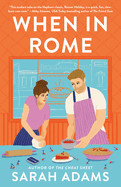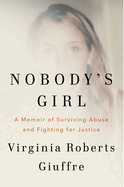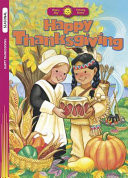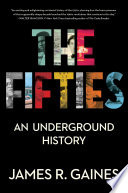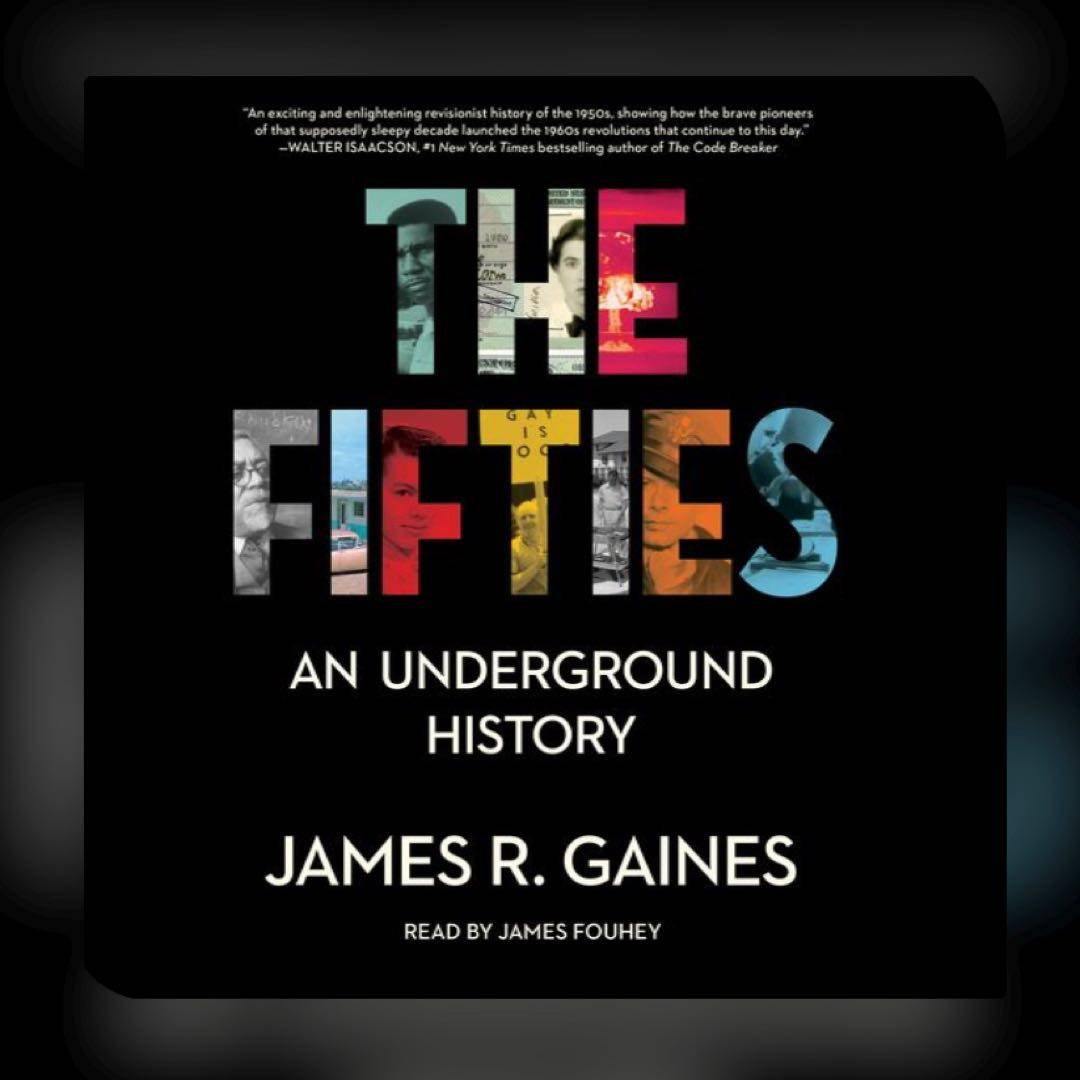
Known for its conformity, I didn‘t think of the cultural change that came later in the 20th century having roots in the 1950s. Gaines looks at diverse visionaries in essays on gay rights, feminism, civil rights, and ecology. WWII accelerated many aspects of society from gay and Black servicemen who wanted the equality they found in wartime to scientists who began to see the harm in working with the military. This one surprised me in a good way!
BarbaraBB Interesting. I always tend to think of the fifties as a very bleak decennium. 4y
Cinfhen Premise sounds good but I‘m getting the feeling content might be a little dry??? 4y
Megabooks @BarbaraBB I can see that being the case in Europe. So much rebuilding from the war. In the US, it‘s associated with prosperity but also strict conformity and gender roles. It tends to be remembered as a real-life Leave It to Beaver episode (if you‘ve seen that), but it‘s nice to know there were subversive elements then. 4y
Megabooks @Cinfhen no, I wouldn‘t call it dry. It‘s profiles of some pretty hardcore people that worked for charge, largely without thanks in their lifetime or until old age. Really eye-opening! 4y
BarbaraBB You‘re right, it must have been such a different perspective from the US, didn‘t think of that. 4y







